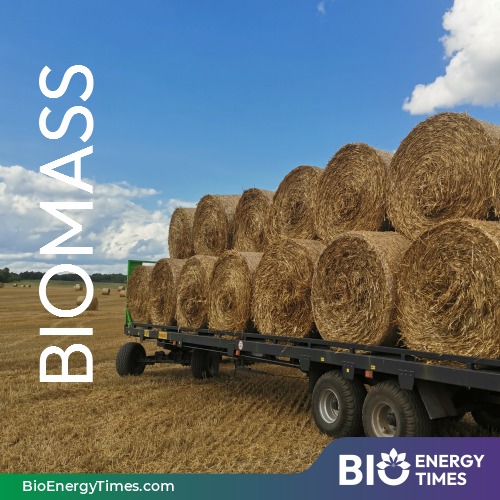The ButoVal Research Project was officially launched on March 11, 2025, in Witvlei, marking a significant step toward sustainable biomass use in the fight against bush encroachment in Namibia, reports Bioenergy Insight.
Funded by the German Federal Ministry of Education and Research (BMBF) and supported by the German Aerospace Centre (DLR), the project aims to bring about lasting environmental and economic benefits by transforming invasive bush into valuable bio-based products.
Organisers say the initiative goes beyond improving biomass quality and technology. It represents a larger effort to promote a circular economy — a system that reduces waste and maximises resource efficiency.
One of the project’s standout innovations is a compactor that converts bulky bush material into dense, transportable units known as “bush cigars.” Already, 1,000 tonnes of this biomass have been processed and stored on site for further use.
The biomass production process involves multiple stages — cutting, rotary debarking, screening, milling, and de-sanding — to generate wood and feed pellets, as well as raw materials suitable for charcoal and fuel.
Initial testing has shown promising results, successfully tackling common challenges in bush processing such as transportation, contamination, and adherence to industrial quality standards.
Over the next 13 months, additional tests will be carried out to collect technical and economic data. This research will help determine how the pilot project can be expanded into a full-scale industrial operation.
For detailed information and further insights, please refer to BioEnergyTimes.com, which provides the latest news about the Biomass Industry















